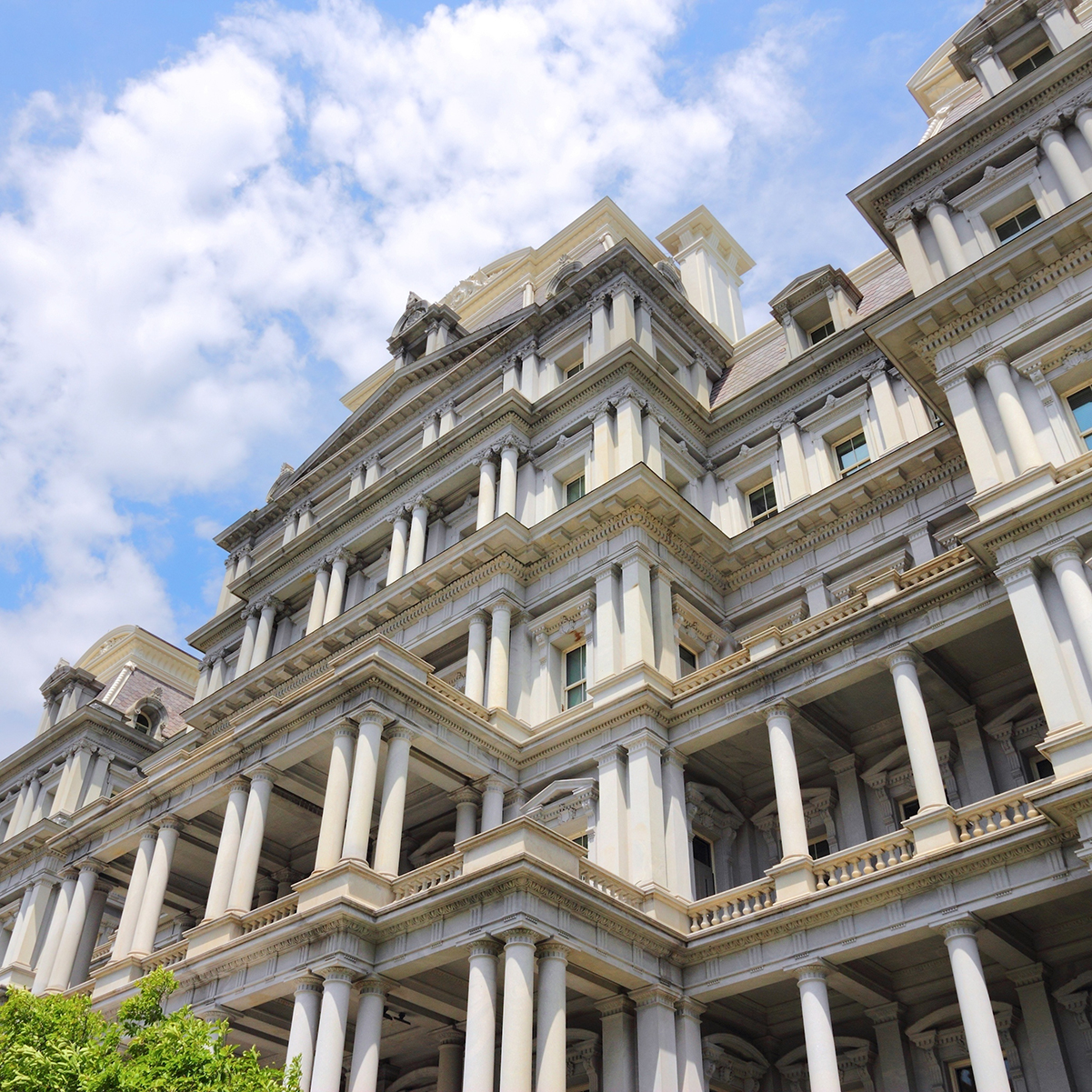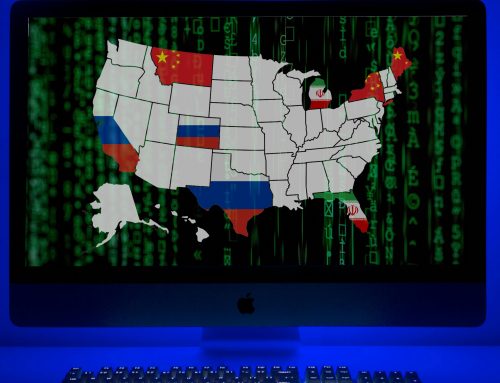Executive Summary
The Biden administration has a historic opportunity to unify U.S. domestic and foreign policy through an aggressive mission to combat corruption and kleptocracy. Middle-class Americans are frustrated by perceptions of corruption at home, while authoritarian regimes are organized as oligarchies weaponizing corruption around the world. While these trends have fueled passionate discourse in recent years, the Biden administration should seek a legacy of achieving actual results by institutionalizing anti-corruption reforms throughout U.S. and international financial, diplomatic, and legal systems, including a formidable raft of new policies and commitments to be showcased at the Summit for Democracy, which Biden has pledged to host in his first year in office.
The administration should start with powerful regulatory action to root dirty money out of the U.S. financial system. Within the first 100 days of this anti-corruption reform initiative, Treasury should take ten initial steps, the two strongest being finalizing a 2015 proposal to make private equity and hedge funds identify their customers and publishing the first-ever National Corruption Risk Assessment. After the first 100 days but within the first year of this effort, Treasury should take another seven steps, such as regulating more enablers and writing strong rules for the new beneficial ownership registry. The White House should also work together with Congress to eliminate dark money from politics and work with the Justice Department (DOJ) to deliver and communicate tangible policy and enforcement outcomes that most Americans would see as truly “draining the swamp.”
The White House, in consultation with Treasury and partners at the Organization for Economic Cooperation and Development (OECD) and the Financial Action Task Force (FATF), should push for a landmark international agreement to end offshore financial secrecy, including commitments around public beneficial ownership registries, automatic exchange of tax information, a cross-border payments database, and steps toward a global asset registry, as well as sanctions to motivate cooperation with all the above. The United States Agency for International Development (USAID) should scale up support for anti-corruption activists. The Department of State should integrate an anti-corruption action fund into pre-existing efforts, recommit to international anti-corruption initiatives that languished under Trump, and strengthen internal coordination and capacity-building efforts. Law enforcement should pressure kleptocrats by publicizing confiscated assets and banned individuals while reforming global mechanisms suffering from abuse (e.g., EB-5 golden visas, mutual legal assistance treaties, Interpol, etc.).
The ambitious 100-point anti-corruption agenda described in this report is achievable, but only if the White House supports it as a top policy priority, including the commitment of resources needed to dedicate a small team to coordinate the work, which could take the form of either a standalone directorate at the National Security Council (NSC) or a task force of staffers drawn from several White House components. To energize Treasury, State, USAID, DOJ, and other departments and agencies at a high level, this team should be run by a White House senior director dedicated exclusively to anti-corruption and a designated senior leader such as the Vice President, coordinating efforts across the areas of democracy and human rights (DHR), international economics (Intecon), the Domestic Policy Council (DPC), and other White House offices. This White House anti-corruption team should be staffed with at least three directors, each dedicated to one priority area: building a global coalition, rooting out dirty money, and showing compelling results to the American people.





